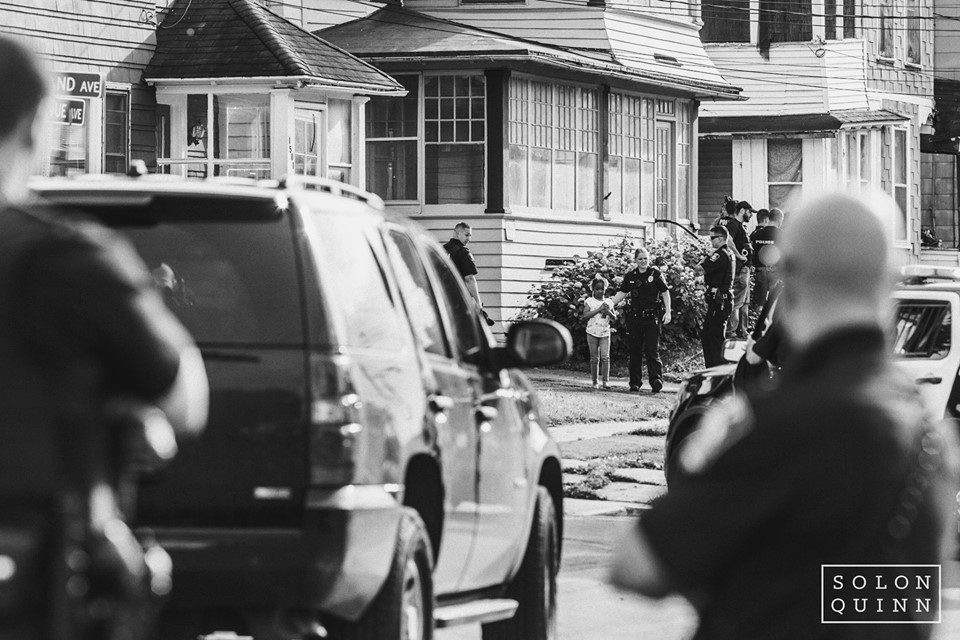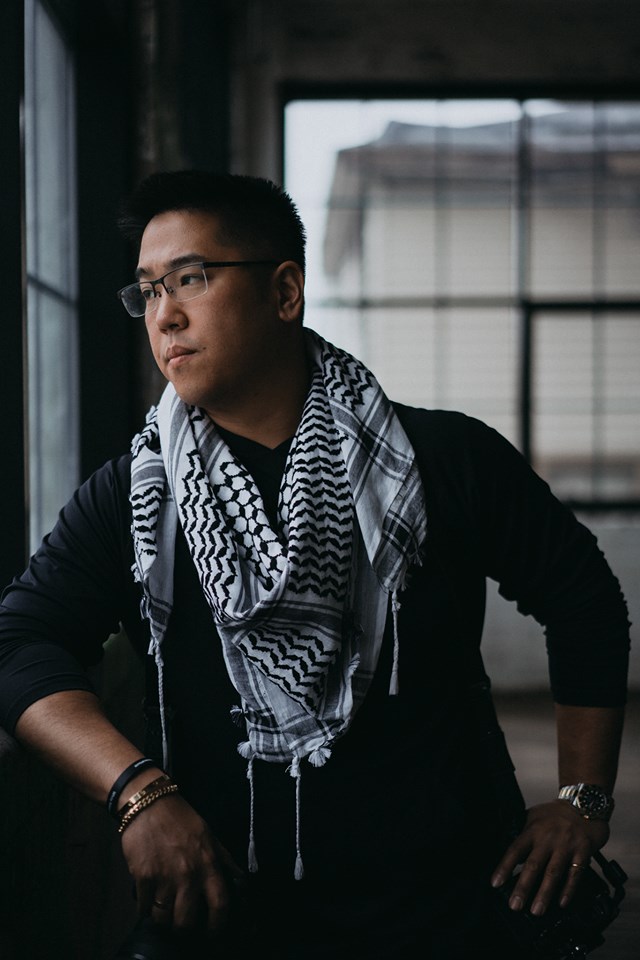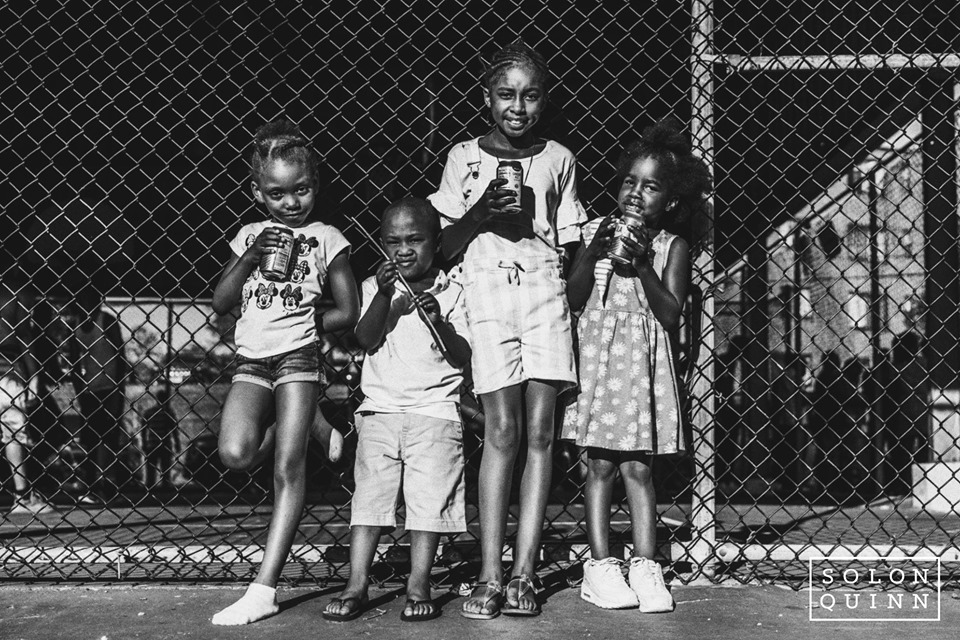Living in Syracuse, NY, it was hard to block out the apparent issues that plagued the Southside community. On a weekly (sometimes daily) basis, I would meet someone in the neighborhood looking to combat those issues and bring peace, understanding, and restoration to a community that many weren’t aware of.
Local photographer Solon Quinn has spent the last three years capturing the culture and people of Syracuse’s infamous Southside community, which is both plagued by violence, gangs, and poverty, and yet full of people with dreams of hope and opportunity.
“My life kind of takes me to different places where I don’t think everybody in Syracuse has the ability to connect with all those different communities,” says Quinn.
Solon Quinn grew up in Syracuse and now owns an advertising/production company. He also serves as a board member for the Vera House Shelter where he met Rashawn Sullivan, community activist and founder of the iApologize Foundation which Sullivan said in a previous interview, is helping to “bring a level of awareness to the world about being apologetic and about the damage that violence can do not only to yourself but to other individuals and to your families.”
Together, they are working on a photo series about gang intervention in the community, where Quinn, an Asian photographer, was able to get a front-row view of the cultural and economic differences in the neighborhood.

He described Rashawn as “the architect” of this project, helping to gain the confidence of the local residents to take the photos.
“If you don’t know Rashawn, it’s kind of hard to explain the intensity of who he is,” he said. “He’s extremely dedicated and doesn’t deviate and I think the most impressive part of him is that he’s consistent with all the lucid action and that makes me trust him.”

“There has to be compassion and connection. Kids are a huge connector in the community. It doesn’t matter if you’re from the Middle East, Detroit, Syracuse or Mexico or El Paso, Texas,” he explained. “In general, kids are all-encompassing so you see kids if you want them to have a chance. It doesn’t matter they’re Asian or white or black or Muslim or Jewish you want them to have a chance.”

“Sometimes I try to look at adults who I’m speaking to as though they are kids because sometimes it reveals the insecurities and motivations behind their fears. It helps you not judge them as an adult because its what happened to them as kids that shaped how they grew up.”

Quinn took this photo and others during a police raid, in which he received much and support from the community and the police.

“There’s obviously still a huge divide but this support from both sides just gave me the inspiration to keep doing these photos with Rashawn.”

“I think it’s important to show where I grew up. To show these photos coming out apart of the community many haven’t seen or have had no engagement with.”

“But I think that it’s very important people get to see there are kids, there are parents, there are friends. Yes its also mixed with cultural stereotypes but it’s not just those elements. Seeing all the elements helps bridge the gap a little in Syracuse.

“For me, its at least doing something versus doing nothing.”




